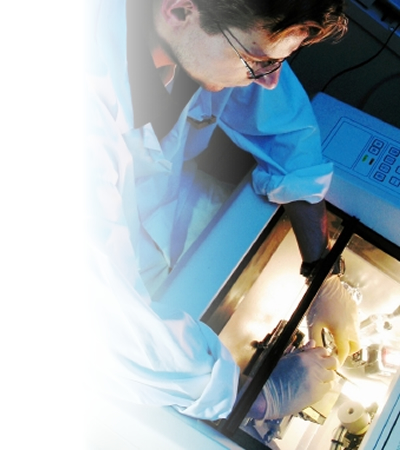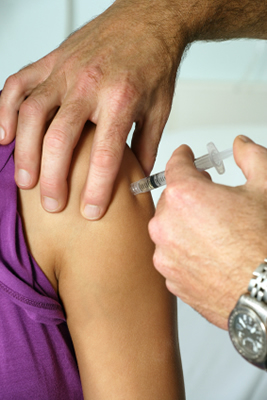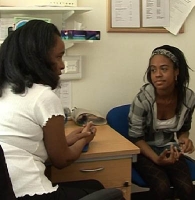Cervical Cancer and Human Papillomavirus (HPV) course for GPs



This session will discuss cervical cancer and the risks for its development, the role of the Human Papillomavirus (HPV) immunisation programme in future cervical cancer prevention, and the organisation of the UK NHS Cervical Screening Programmes. (This session was reviewed by Afsana Bhuiya and last updated on 06/06/13.)
Learning Objectives
By the end of this session you will be able to:
- Demonstrate a good knowledge of the epidemiology of cervical cancer and how this influences the policies for cervical screening
- Explain the risk factors for the development of cervical cancer and the risks and benefits of screening
- Describe the role of Human Papillomavirus (HPV) in the development of cervical cancer and the UK HPV vaccination programme
- List who does what in the NHS cervical screening programmes
- Explain the importance of informed choice and valid consent in relation to cervical screening
Before commencing this session you should:
- Complete the preceding introductory sessions in the Sexual Health and Contraception module
Philippa Pearmain has been the Deputy Regional Director of Cervical Screening Quality Assurance since 1998. Her role is to manage the day to day operation of the West Midlands Cervical Screening Quality Assurance Reference Centre (QARC). The QARC is responsible for monitoring the quality of all aspects of the NHS Cervical Screening Programmes carried out within the West Midlands strategic health authority area. This includes the collation, analysis and dissemination of nationally and regionally required cervical screening performance data from Primary Care Trusts (PCTs), laboratories and colposcopy clinics, developing and implementing policies and guidance in response to changes in national policy, organising formal visits to assess the performance of local cervical screening programmes, devising and undertaking regional and local audits, providing support in the event of potential and confirmed cervical screening incidents and providing educational opportunities for cervical screening staff throughout the region via the organisation of regional meetings and conferences. Philippa is particularly interested in primary care cervical screening issues. As a result, a comprehensive series of cervical screening fact sheets and a general practice/sample taker self assessment tool have been developed and provided to all general practices within the region. Philippa is actively involved in the training of new and existing cervical sample takers around the region and is also involved in the delivery the cervical screening module of Warwick University’s postgraduate award in sexual health.

- Health Promotion in Pregnancy (Smoking) Part 1: Ba...
- Posted By eIntegrity Healthcare e-Learning
- Posted Date: 2025-01-28
- Location:Online
- This session presents the attitudes towards smoking and reasons why people smoke, the impact of side...
- Basic Principles of Health Promotion course for Ge...
- Posted By eIntegrity Healthcare e-Learning
- Posted Date: 2025-01-28
- Location:Online
- This session provides foundational principles for promoting health and explores health promotion mod...
- Obese Toddlers and Infants course for General Prac...
- Posted By eIntegrity Healthcare e-Learning
- Posted Date: 2025-01-28
- Location:Online
- After completing the session you will understand the usual causes of obesity in very young children,...
- Feeding Children with Development Difficulties cou...
- Posted By eIntegrity Healthcare e-Learning
- Posted Date: 2025-01-28
- Location:Online
- This session explores the difficulty children with neurological disabilities commonly encounter with...
- The Social Context of Food course for General Prac...
- Posted By eIntegrity Healthcare e-Learning
- Posted Date: 2025-01-28
- Location:Online
- As healthcare practitioners we often feel we know what infants and young children should be eating, ...







